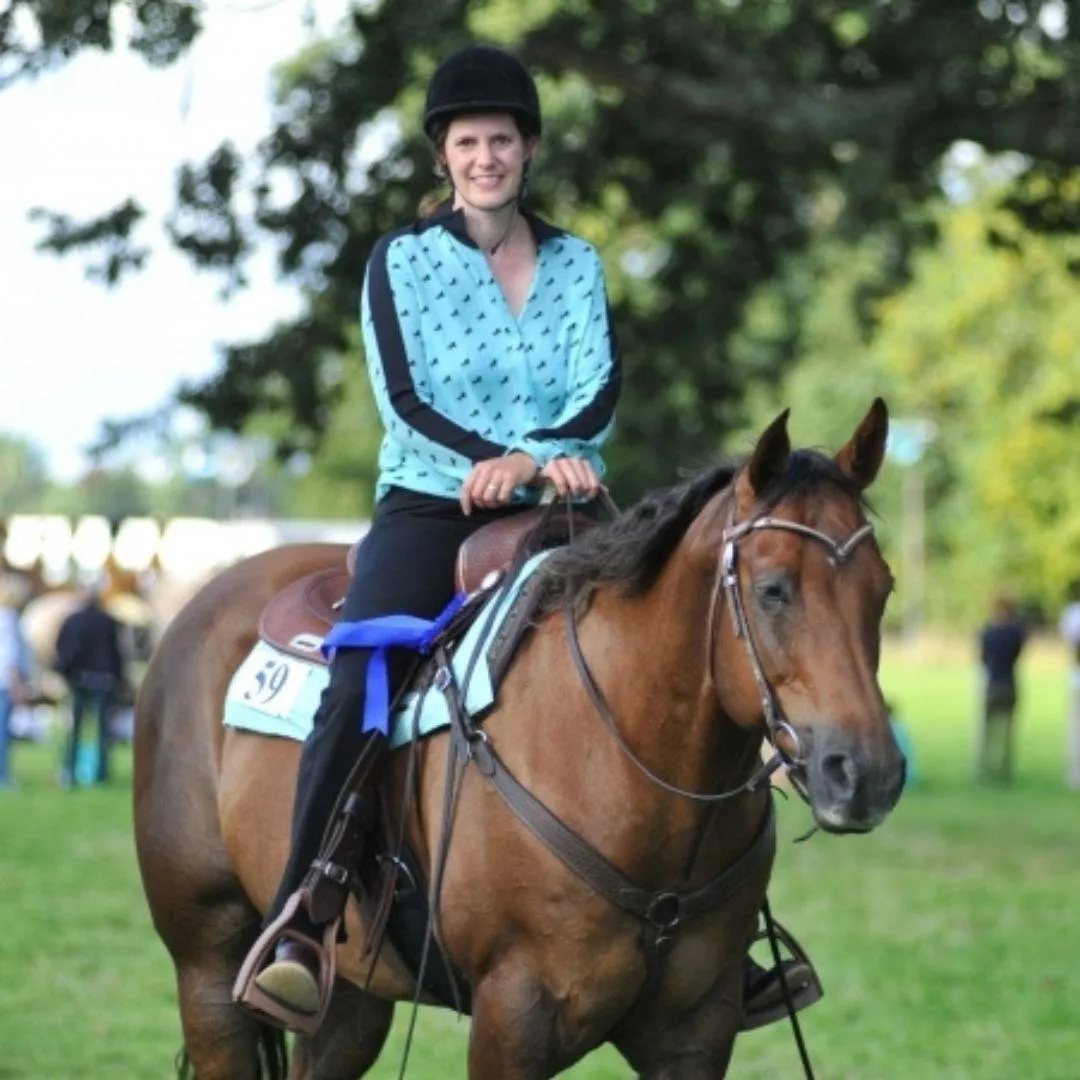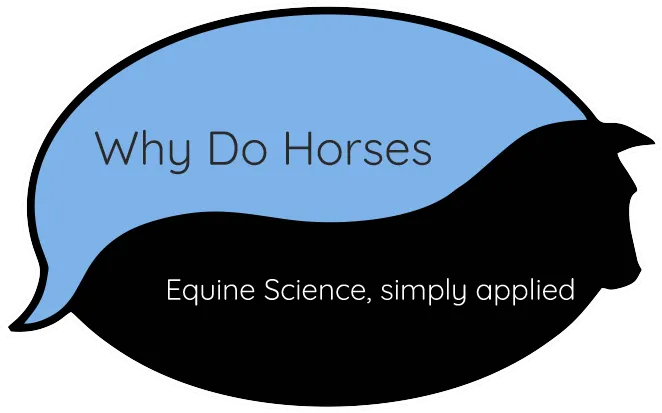Love Reading?
Articles
Find our blog posts and media articles all in one place!

Understanding Horses: Behaviour at the Heart of Training
“In training horses, one trains himself.” - Antoine De Pluvinet
Introduction:
Understanding horse behaviour is key to effective and ethical training. Here are my top 10 reasons why this must be a central theme:

1. Safety for Both You and Your Horse
Knowledge of horse behaviour can prevent accidents and injuries by helping you to anticipate and manage potentially dangerous situations. It's commonly said that horses are unpredictable animals, but how true is that? We know that a horse's primary threat response is flight but a trapped horse may resort to a fight response, amongst other things. By familiarising ourselves with common horse behaviour patterns, we can better understand the actions a horse might chose to take in a number of situations.
2. Effective Communication
Understanding how horses communicate through body language and behaviour enables clearer, more effective communication between you and your horse. Horses are very good at reading each other's body language, but humans can struggle to understand a horse's communication - after all, it's not something we've evolved to do. However, we can learn this skill and it can really enhance our communication with horses.
3. Building Trust
Recognising and responding appropriately to a horse's natural behaviours can help enhance your relationship, especially when your horse feels heard too. I often say that the more you listen to horses, the more they have to say. Horses can sometimes appear shut-down, especially when their communication falls on deaf ears (or rather blind eyes). However, when we are responsive to subtle communications from our horses, they can open up and express even more of their feelings through their body language.
4. Reducing Stress and Anxiety
Training methods that align with natural behaviours can minimise stress and anxiety in horses, leading to a more positive training experience. Allowing horses to express themselves in their natural manner during training can avert the build up of stress and anxiety. For example, if your horse becomes distracted by events outside the training area, simply allowing them time to process what is happening can help your horse to settle more quickly.
5. Enhanced Learning and Retention
Your horse is more likely to learn quickly and retain training when methods are in sync with their natural instincts and behaviours. By understanding learning theory in horses, we can utilise these processes to our advantage, helping horses to learn more efficiently and retain the knowledge for longer.
6. Problem-Solving
Just like a detective working a case, a good understanding of behaviour can allow you to identify the root cause of a problem and address it effectively, rather than just treating the symptoms. Horse behaviour can be complex and involve many nuances, so always work with a Clinical Equine Behaviourist to resolve problem behaviours.
7. Creating a Positive Training Environment
Knowledge of behaviour can help in designing a training environment that meets your horse's psychological and physical needs, promoting your horse’s well-being. Understanding and providing for the core needs of horses: 'Friends, Forage and Freedom' can help you to create a suitable learning environment for your horse.
8. Individualised Training Approaches
Recognising that horses have different personalities and behavioural traits allows you to develop customised training plans that cater to your horse’s individual needs and strengths. Whilst the learning processes of horses are very similar between individuals, different character traits (for example, nervousness) can mean that developing a unique training plan for your horse can help to enhance learning.
9. Ethical Training Practices
A deep understanding of equine behaviour ensures that training methods are humane and respectful, aligning with ethical standards of equine welfare.
10. Long-Term Success
Training that respects and incorporates your horse’s natural behaviours often leads to lasting results and can help to create confidence in your horse.
If you’d like more information on what I offer in terms of behaviour-based horse training, please feel free to book a call with me: https://whydohorses.com/book-success-session or simply drop me an email to [email protected]

Blog Posts Straight to Your Inbox!
What do clients say?

Amy D

We had an intro session on clicker training with Louise, it was fabulous, very informative. After reading up about clicker training and getting a bit confused with all the different approaches, Louise made it very clear and explained it all thoroughly.

Eiddwen S

I contacted Why Do Horses for help with issues I was having travelling my horse. During our sessions I found myself wanting to learn more about equine behaviour and body language and I have realised I was missing a lot of knowledge. Why Do Horses have changed my entire outlook on horse training and behaviour, this is something for which I will be forever grateful!


